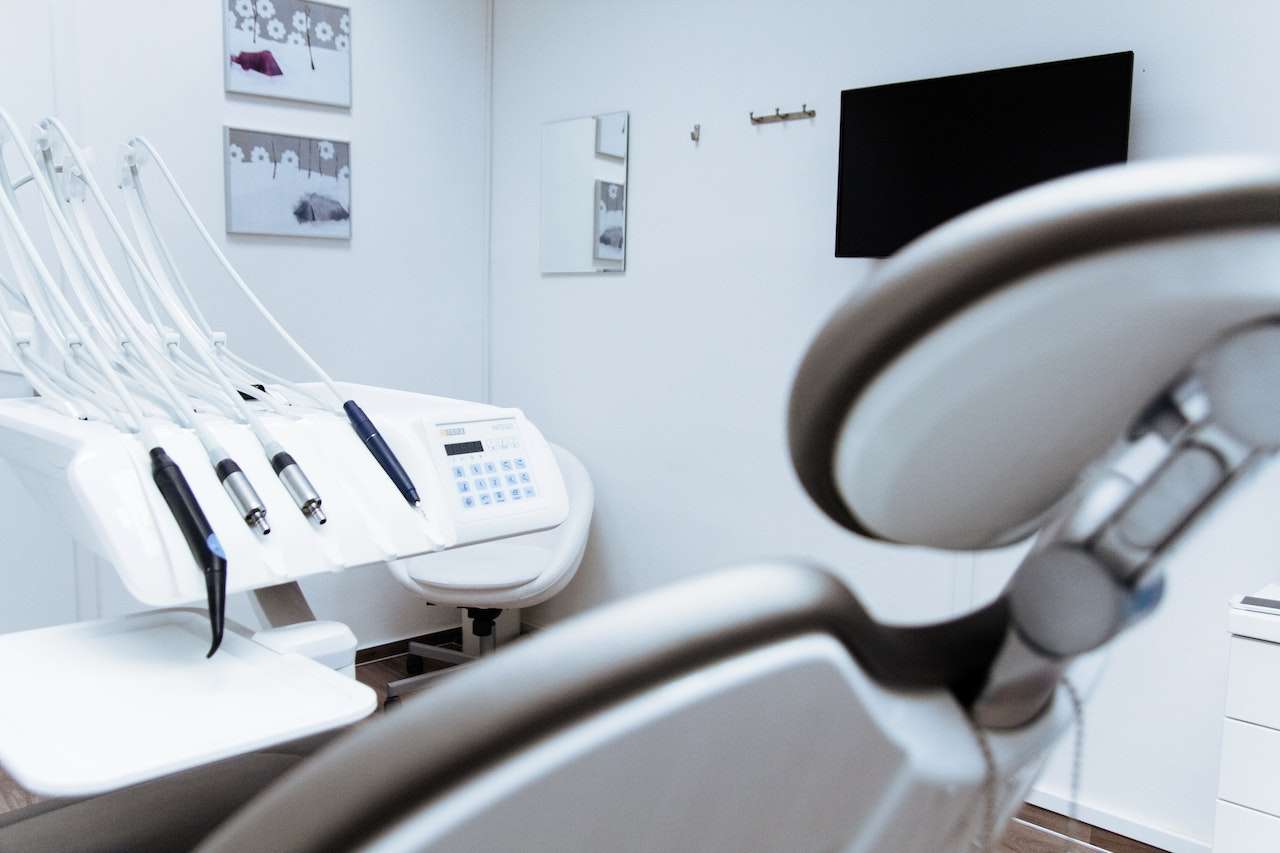FAQs
Frequently asked Questions

FAQs
Frequently asked Questions
This is a very common question. A root canal is a procedure that is done in order to remove bacteria from inside the tooth. The roots of the tooth remain, but the canal that goes through them is cleaned and sealed. Crowns are a type of restoration that helps to strengthen weakened teeth and a completely separate procedure from root canals. Sometimes both are necessary, however, if we are simply dealing with a weakened tooth, a crown can be completed
In more complex cases, we are often able to complete many procedures in a single visit. There are exceptions, but if your preference is to have the fewest number of appointments, please let our treatment co-ordinator know and she will get an answer for you right away.
Once we have completed an examination, and created the treatment plan that works best for the patient, our treatment co-ordinator will discuss the fees, and appointments necessary for those procedures. While there can be occasional unexpected events, we strive to have our patients informed prior to starting treatment.
For those patients that are fortunate enough to have dental benefits (it really isn’t insurance), there is an extremely wide range of what is covered from plan to plan. We can assist in getting the information you require to make the most informed dental decision possible.
This is one of the main reasons why people don’t come to the dentist – fear of pain. The good news is that anesthetic (freezing) has improved considerably allowing us to treat our patients comfortably. We also put a cream on the gums before freezing to minimize that initial sensation. If there is a time during a procedure where things are uncomfortable, it’s as simple as letting us know and we will stop working. For teeth that are difficult to freeze, we have additional technology that allows us to get even the most difficult teeth numb.
Flossing is the most widely known method of cleaning in between teeth. Our hygienists can easily spot those who are not getting in between teeth as gums are more inflamed. In addition, cavities can also form between teeth when plaque is allowed to sit undisturbed on your teeth. There are effective alternatives to flossing such as water piks and other devices that clean in between. So the answer is that whether it is flossing, or something else, you should absolutely be cleaning between your teeth.
We recognize that receiving dental treatment can be expensive and that insurance plans rarely cover all of your needs. As a result, we encourage you to talk to the treatment co-ordinator to discuss potential options.
